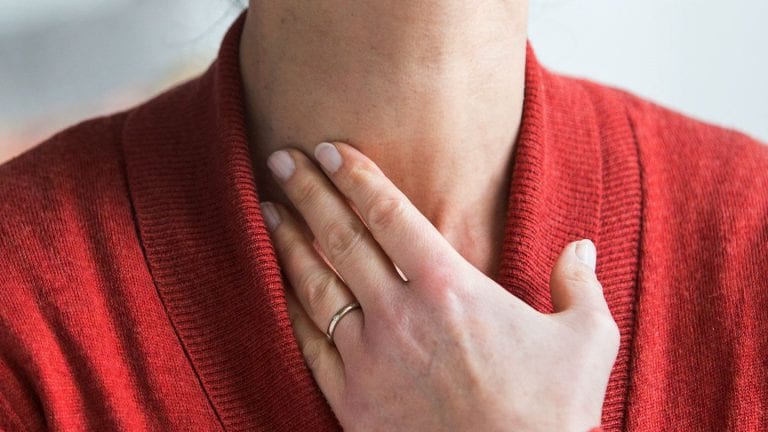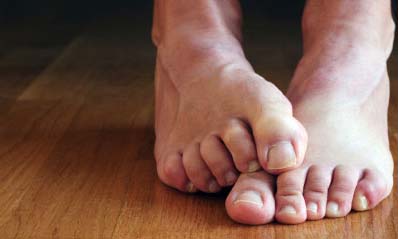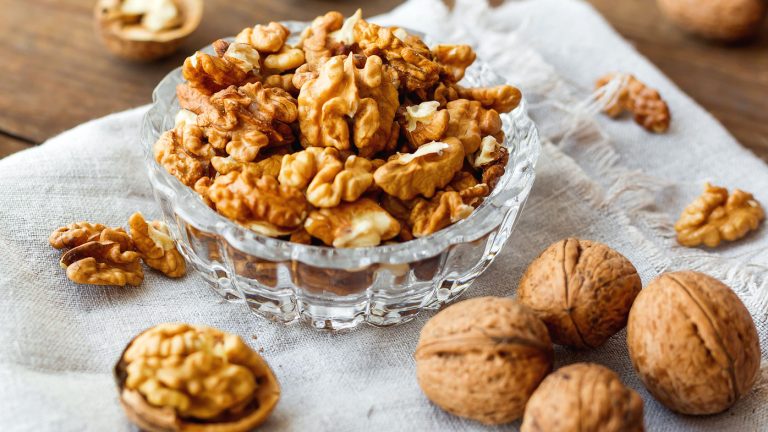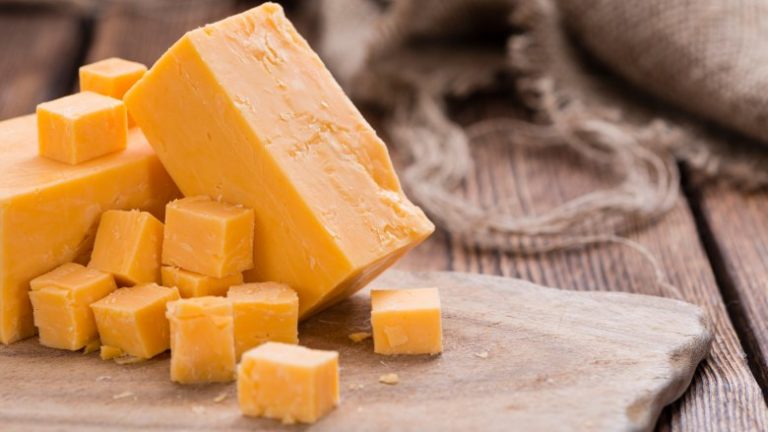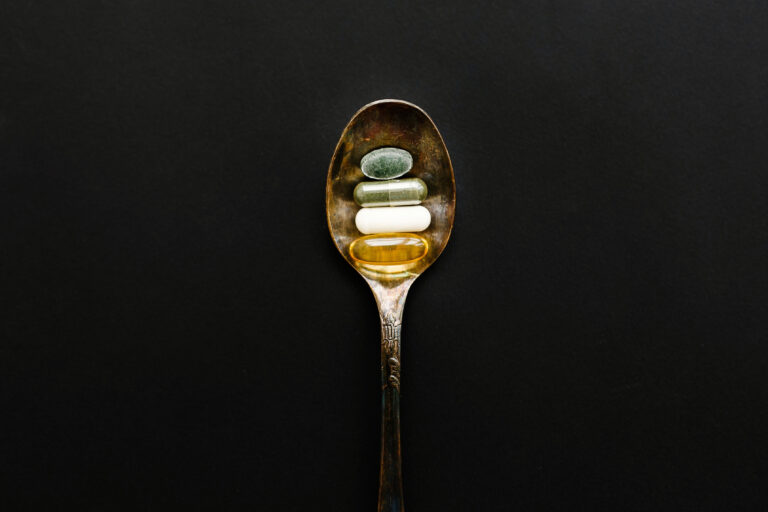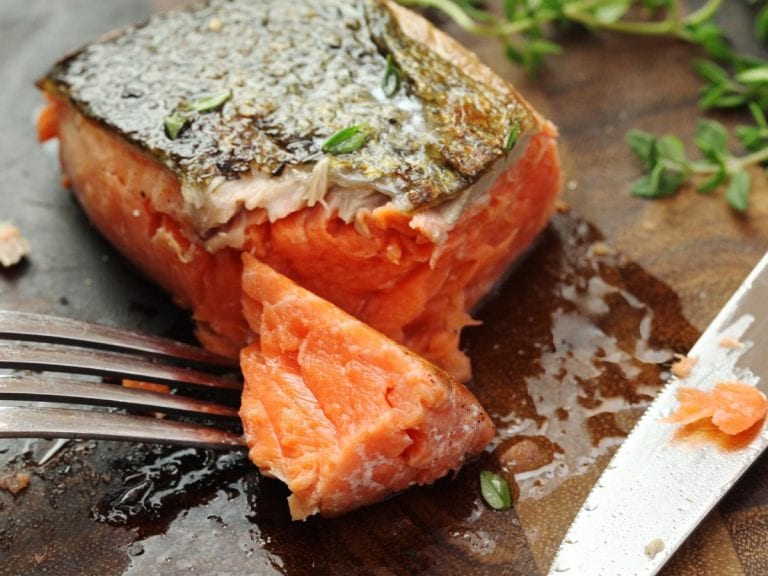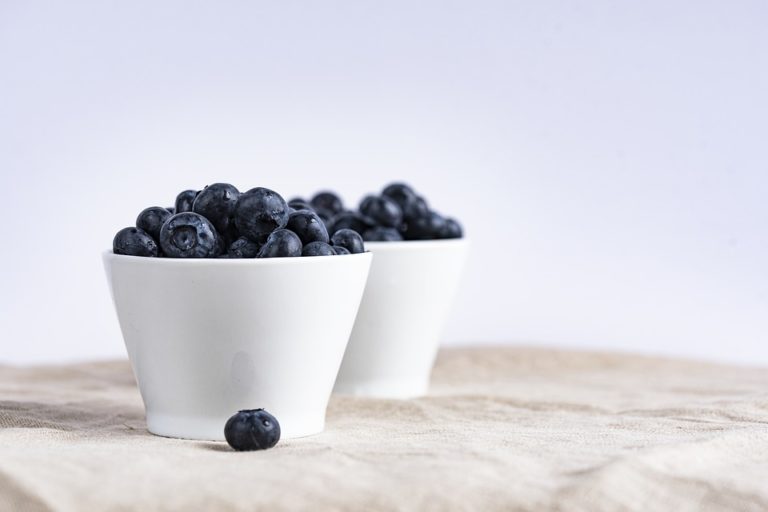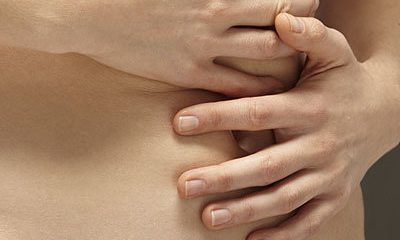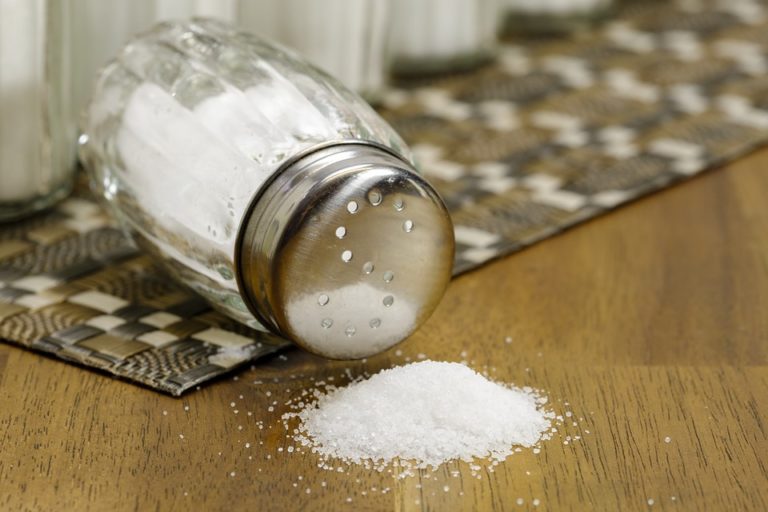
Myth #10: Eating ice cream makes your cold worse
Definitely not true, yet most people still believe such claims. Ice cream makes your cold worse is just a myth. In reality, eating ice cream might ease cold-related inflammation, and it might even help with your sore throat.
Studies have proved that eating ice cream has no negative impact on your cold. So, if you want to have ice cream, you don’t have to wait for your cold to go away. There’s no reason to avoid eating ice cream when you have a cold. Go ahead and satisfy your taste buds with your favorite ice cream!



